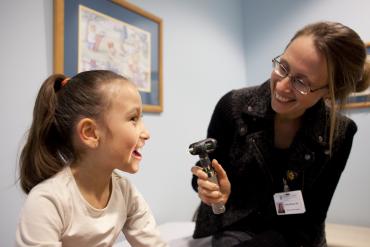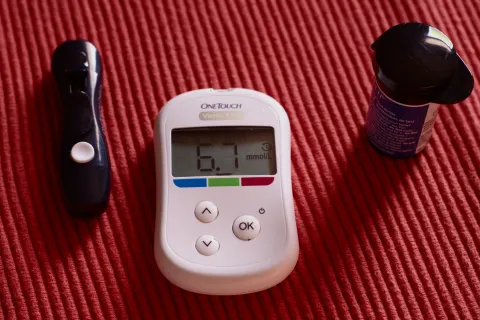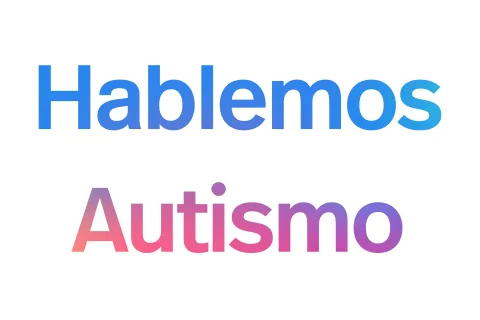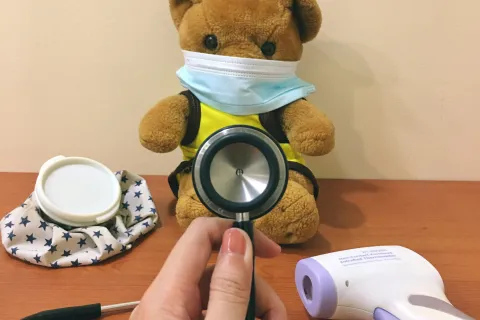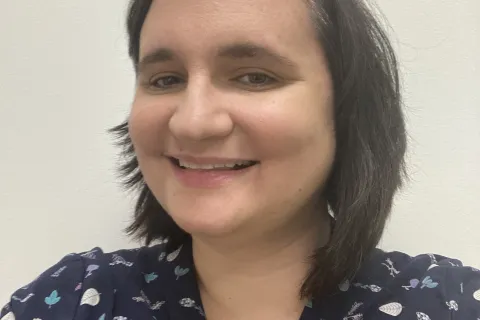Autism study finds high rates of unmet healthcare needs; suggests public policy solutions
An Autism Speaks analysis of national survey identifies barriers to care and provides guidance for new programs to address needs across the lifespan
January 14, 2019
A new analysis of the National Survey of Children’s Health finds that nearly a fifth of children with autism (18.8 percent) have unmet healthcare needs. This contrasts to 9.6 percent of children with other disabilities and 2.6 percent of children without disabilities.
The analysis also identifies the circumstances most strongly associated with unmet healthcare needs among children with autism. And it provides guidance on how public programs can better address these disparities across the lifespan.
The report, by Autism Speaks science and public policy experts, appears in the Journal of Autism and Developmental Disorders.
It’s based the 2016 National Survey of Children’s Health. This federally funded survey of more than 50,000 parents recently made headlines for its finding that autism rates may be significantly higher than official estimates by the Centers for Disease Control and Prevention.
See “National survey of parents identifies 1 in 40 children with autism.”
Complex healthcare needs
According to the national survey, 93 percent of children with autism have one or more co-occurring health conditions, compared to 62 percent of children with other disabilities. This finding is backed by considerable research associating autism with high rates of many medical and mental health issues, including seizures (epilepsy), digestive disorders, disrupted sleep, anxiety and depression, among others.
See “Autism and Health: A special report by Autism Speaks”
Barriers to care
Yet these complex medical needs were not the sole or even the primary driver behind the disparities in access to needed services, according to the new analysis.
The circumstances strongly associated with unmet healthcare needs among children with autism were:
* no or low-quality health insurance
* no access to family-centered care (care that includes families as partners in their child’s healthcare)
* adverse childhood conditions (family separation, divorce, physical or emotional abuse and domestic violence in the home, etc.) and
* parental challenges (financial hardship, difficulties caring for the child, unemployment and being a single parent, etc.).
Proposed policies and programs
“These findings make clear that the unmet healthcare needs faced by children with autism are substantially related to factors best addressed through policies and programs that strengthen the ability of families to care for their children,” says study leader Arun Karpur, Autism Speaks director for data science and evaluation research.
“Programs supporting children with autism and their families need to integrate social supports across a broad range of needs including education, workforce development, healthcare and other welfare programs,” Dr. Karpur adds. Currently, he says, these types of public programs operate separately, increasing a family’s difficulty in accessing them.
Have concerns or questions about autism?
Get personal guidance from Autism Speaks’ trained Autism Response Team at 888-AUTISM2 (288-4762); en Español 888-772-9050; or familyservices@autismspeaks.org
You can also learn about the signs of autism, screening and diagnosis, associated health conditions and autism treatments and more at www.autismspeaks.org.

